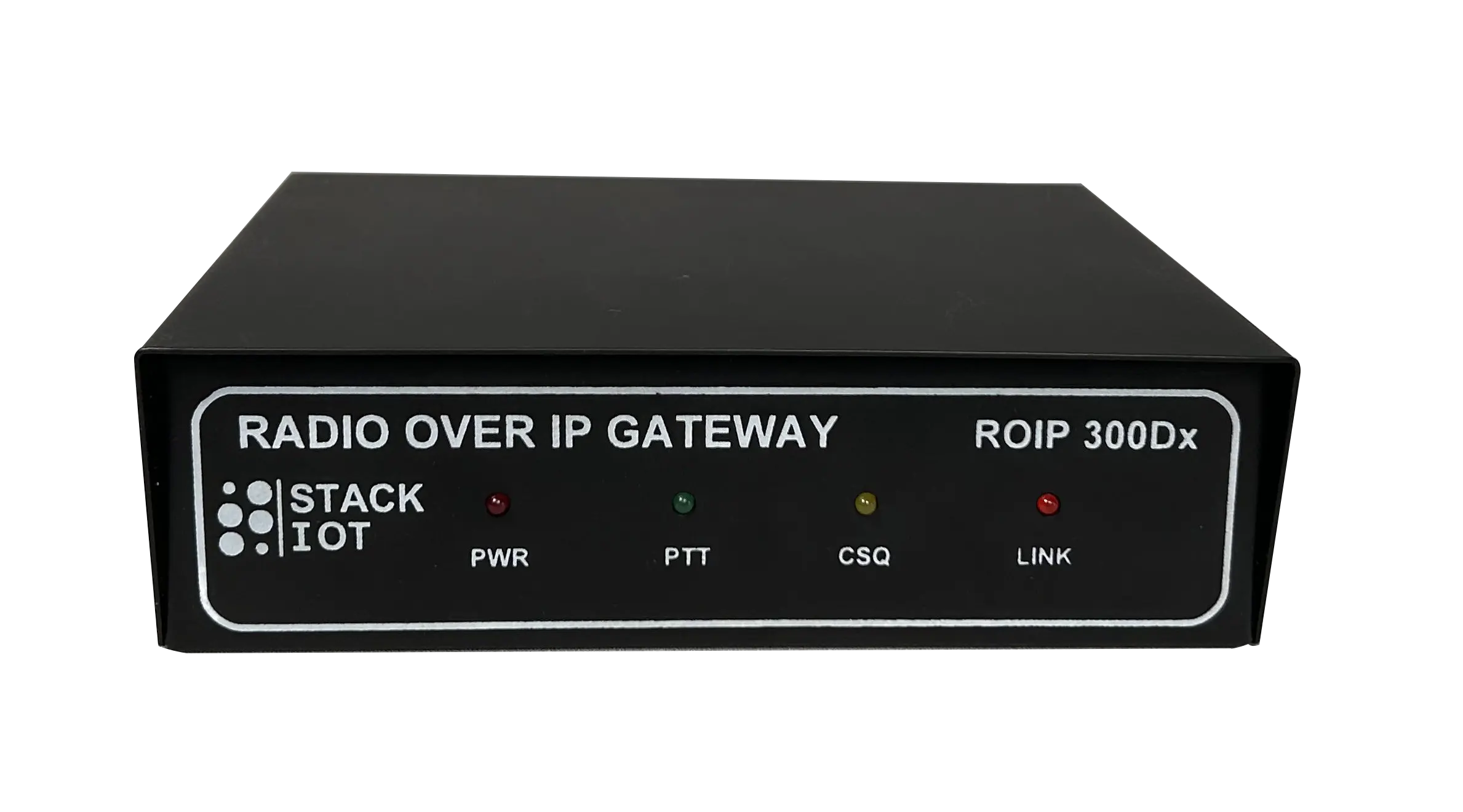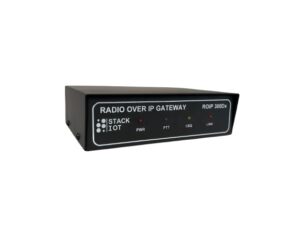A traditional radio system uses RF (radio frequency) signals to facilitate communication between users:
- Analog or digital radios (e.g., VHF, UHF, DMR, P25)
- Base stations and repeaters to extend signal coverage
- Dedicated frequencies for private or public use
Advantages of Traditional Radio Systems
Such radio networks prove efficient in remote areas because they do not require internet connectivity.
- Radio users can send instant transmissions through the Push-to-talk (PTT) functionality. ∙ The network architecture operates exclusively to prevent public internet-based threats from harming operations.
- Throughout multiple decades the technology has proven its reliability by supporting public safety agencies such as those in law enforcement as well as aviation and military departments.
Limitations of Traditional Radio
- Frequency range is limited because they require repeater placement and terrain. ∙ High Infrastructure Costs – Requires towers, repeaters, and regular maintenance. ∙ Different entities within agencies or industries face challenges because they utilize incompatible radio frequencies.
What is a Radio Over IP Gateway?
In simplified terms, the device serves as a bridge through which two-way radios send and receive signals via internet or private networks rather than simply depending on tower radio communications.
The RoIP Gateway performs signal conversion to transform radio data into digital IP network transmission. The gateway performs two functions which first convert radio signals to digital data before processing the data into radio signals after reaching its final destination to enable different radio systems to communicate with each other regardless of distance or transmission frequency.
Urgent services together with transportation and utilities industries benefit from RoIP Gateways because these devices extend communication reach and enable device connections through remote access including computers and smart phones which enhance reliable operations alongside scalability and economic efficiency.
Advantages of Utilizing a RoIP Gateway
- Increased Communications Flexibility: RoIP Gateways allow radios, computers and smart phones to easily talk to one another anywhere globally. That implies that users will be able to use it from any location with or without an internet connection.
- Cost: In comparison to conventional radio systems that cost a lot to install and upkeep because of a wide infrastructure including towers and repeaters, RoIP Gateways leverage current IP networks, decreasing installation and upkeep costs while maximizing coverage.
- Sophisticated Connectivity: The gateway converges radio systems and other communications systems into one system, thus being an efficient solution for multi-device teams. ∙ Simplified Infrastructure: IP-based central communication reduces the effort of searching for infrastructure with increased simplicity in deployment and scalability
- Sophisticated Scalability: Organizations can increase their networks with minimal complexity by incorporating various devices or systems with minimal capital expenditure
Features of ROIP Gateway:
Modern RoIP solutions, compared to conventional radio systems, are more flexible, scalable, and cost efficient. Here are the features of RoIP Gateway:
| Feature | Radio over IP (RoIP) |
| Range | Global reach via internet connectivity. |
| Scalability | Easily scalable with minimal infrastructure changes. |
| Cost | Cost-effective with reduced equipment needs. |
| Interoperability | Supports multiple protocols and seamless integration. |
| Security | Advanced encryption and secure data transmission. |
| Flexibility | Remote access and device-independent communication. |
| Maintenance | Lower maintenance due to software-based systems. |
Which is Best Suited for You?
The choice of using Traditional Radio or RoIP Gateway depends on your need.
Use Traditional Radio when:
- You operate in locations where there is no internet connectivity, such as remote areas and the military.
- You need a secure and interference-free communication link.
- Your company already has a radio infrastructure in place.
Use RoIP Gateway when:
- You need communication over long distances between remote locations.
- You are looking for an affordable and scalable solution.
- You require interoperability without interruption between radio, VoIP, and mobile networks.
Final Thoughts
Traditional Radios and RoIP Gateways play essential functions in communication systems. Traditional radio is best for local, infrastructure-independent communication, but RoIP offers scalability and worldwide access at a lower cost.
Companies seeking to improve their communication systems should consider implementing RoIP technology as their natural upgrade option.
️ Read more :- See why industry leaders trust our Pick to Light System. Click here for complete details!
Want to upgrade to RoIP? Our team awaits your call for assessing the best RoIP solutions that match your business requirements.
FAQs
1. Can I implement RoIP with my current conventional radio system?
Yes. RoIP gateways are meant to connect conventional radio systems with contemporary IP based communication systems.
2. Is RoIP secure?
RoIP systems employ encryption and security standards and are therefore more secure than conventional analogue radios.
3.Do RoIP gateways operate without the internet?
No, RoIP gateways need an internet or private IP network to operate.
4. Which industries gain the most from RoIP?
Emergency services, defence, logistics, transport, and large businesses gain from RoIP technology.




